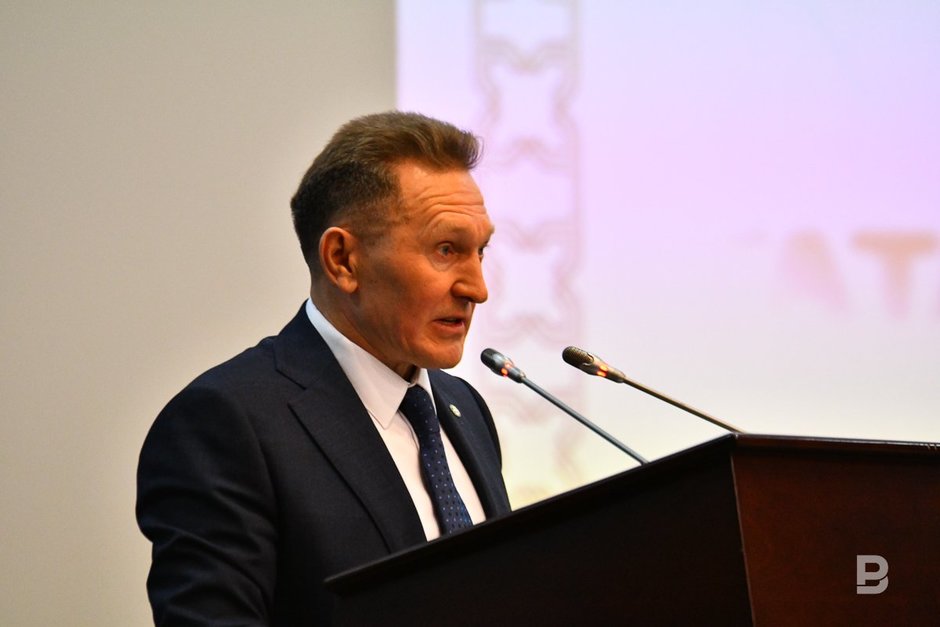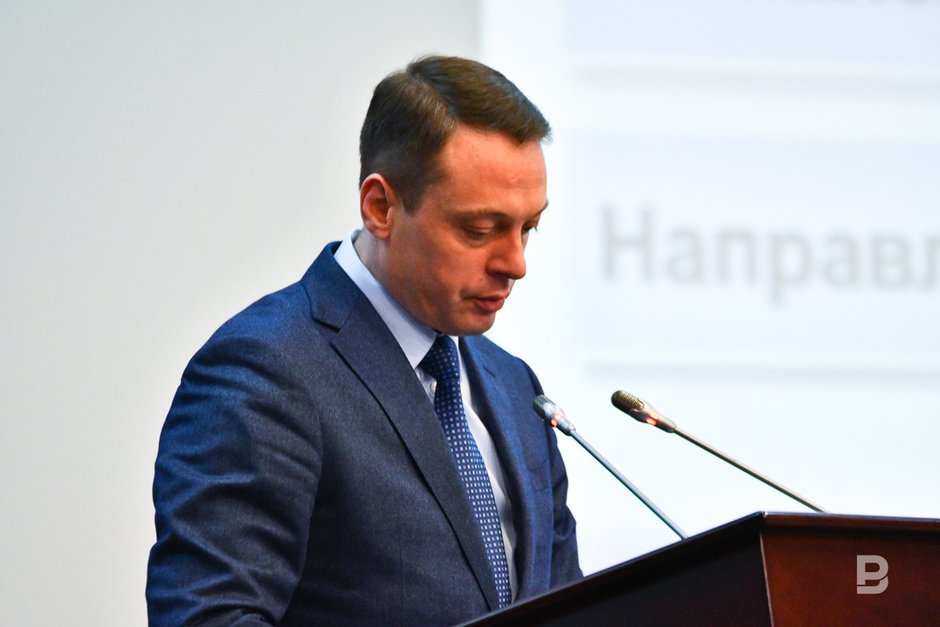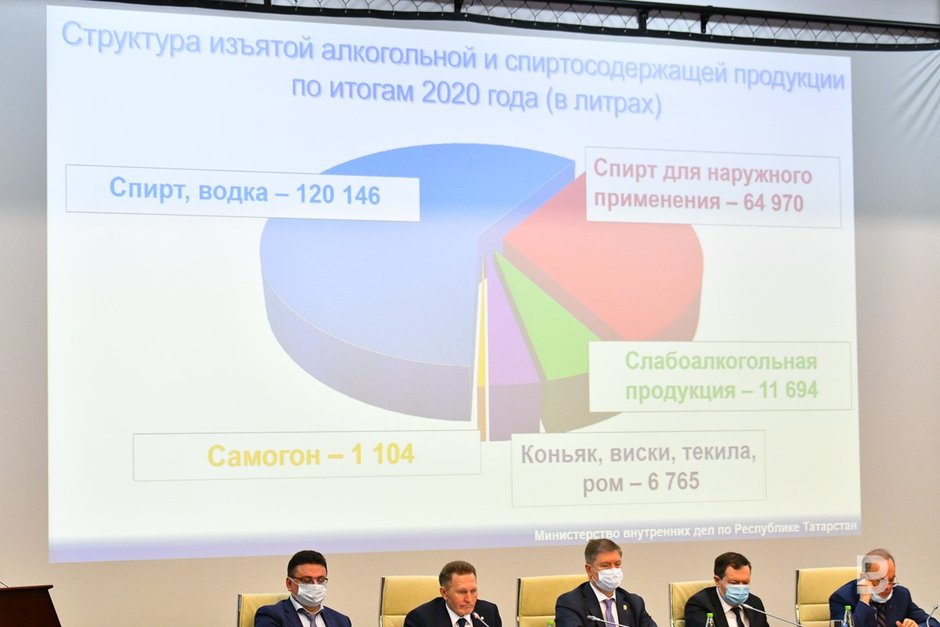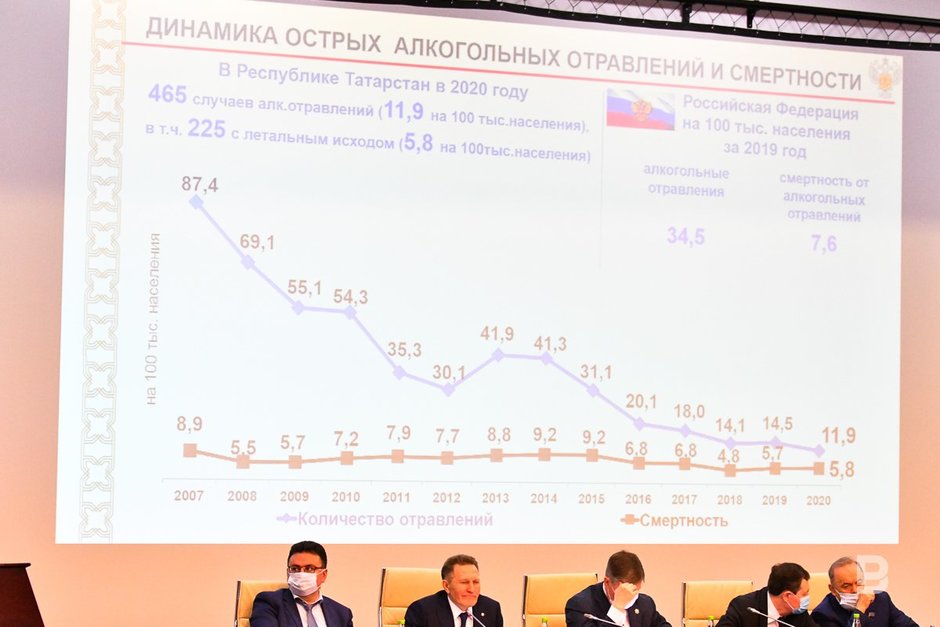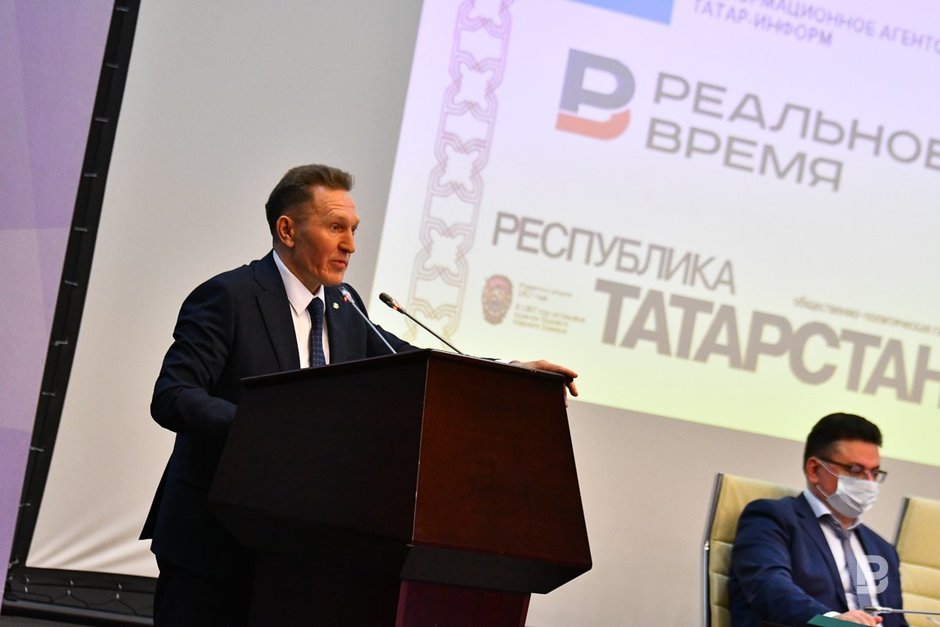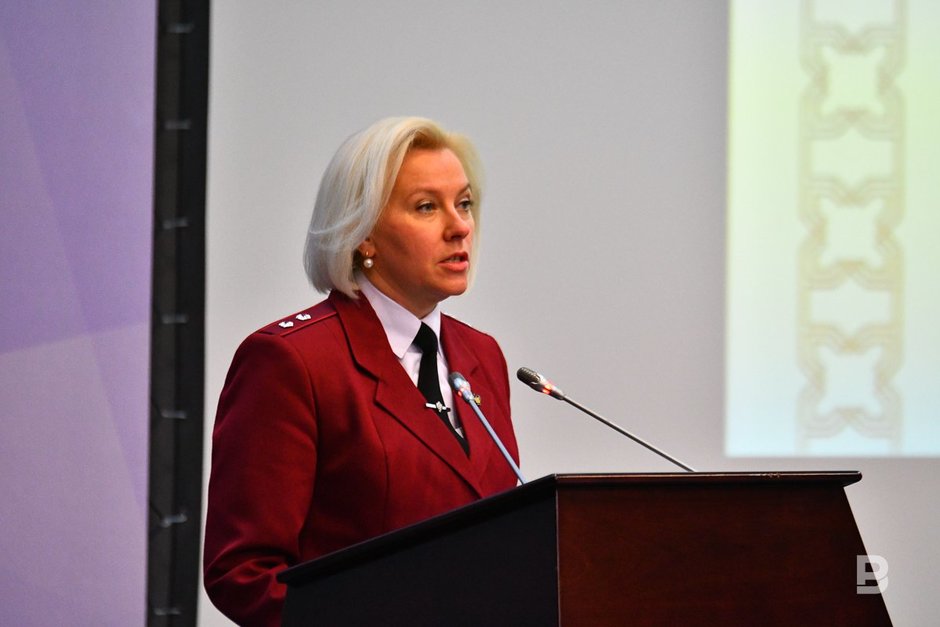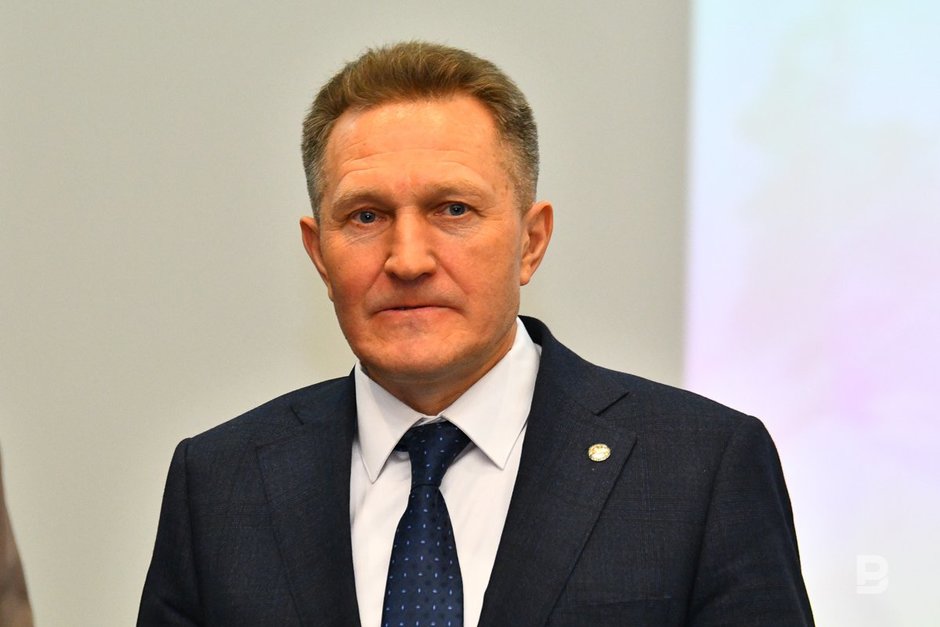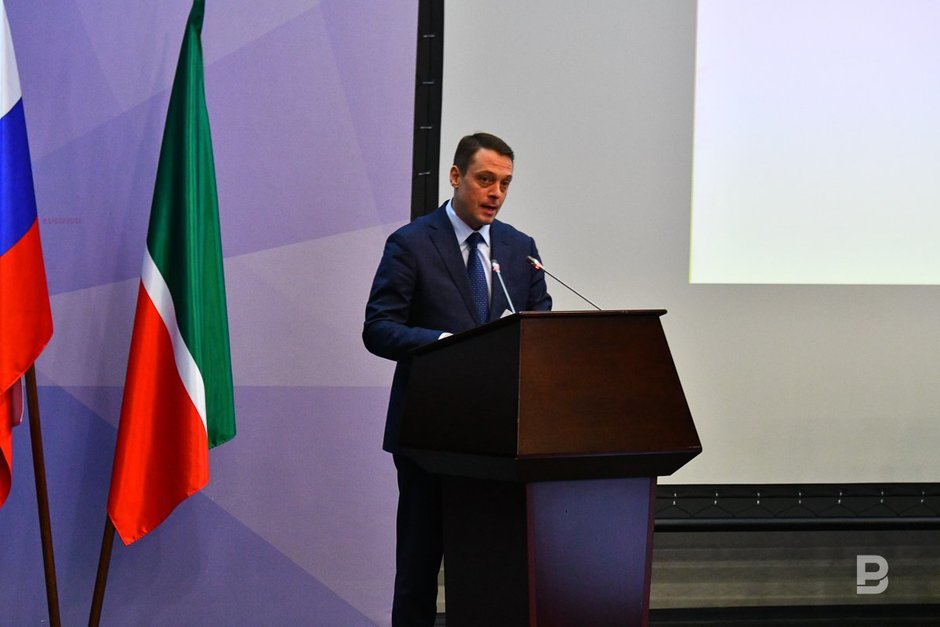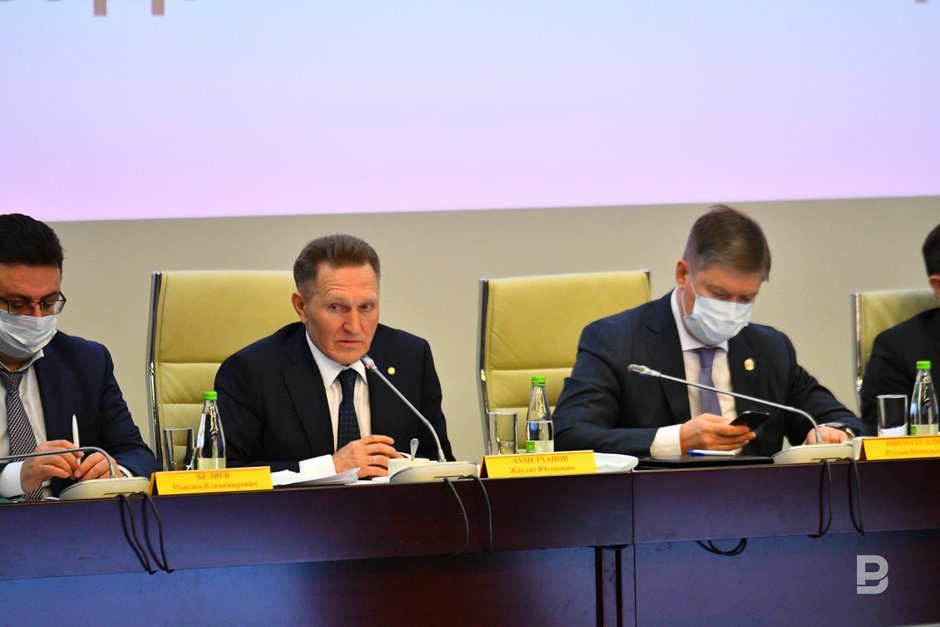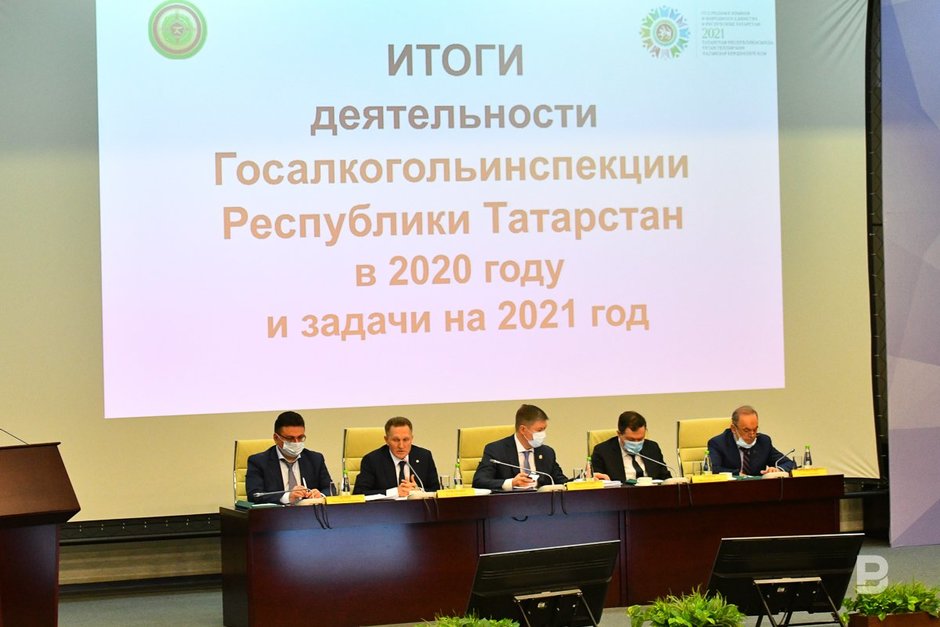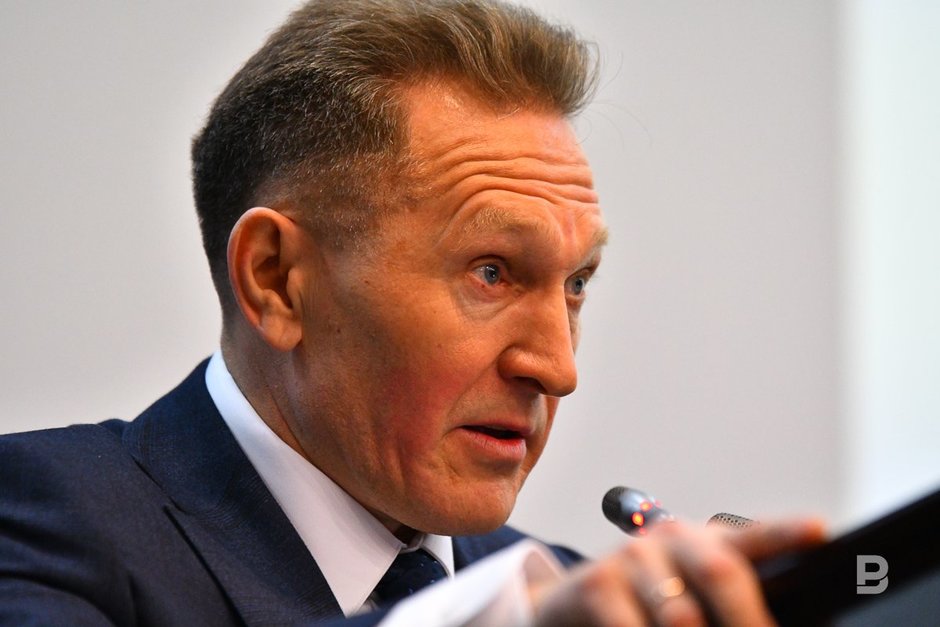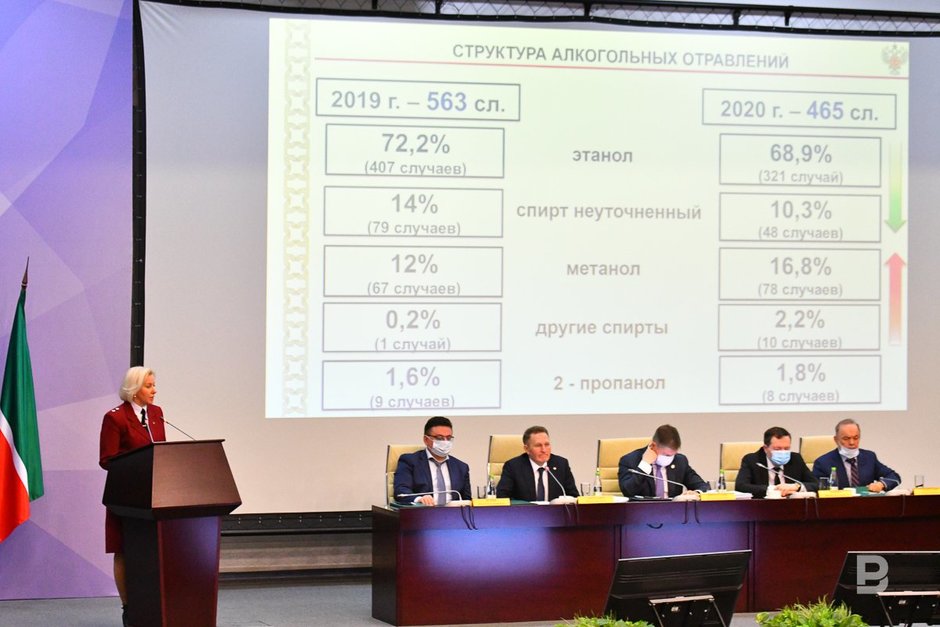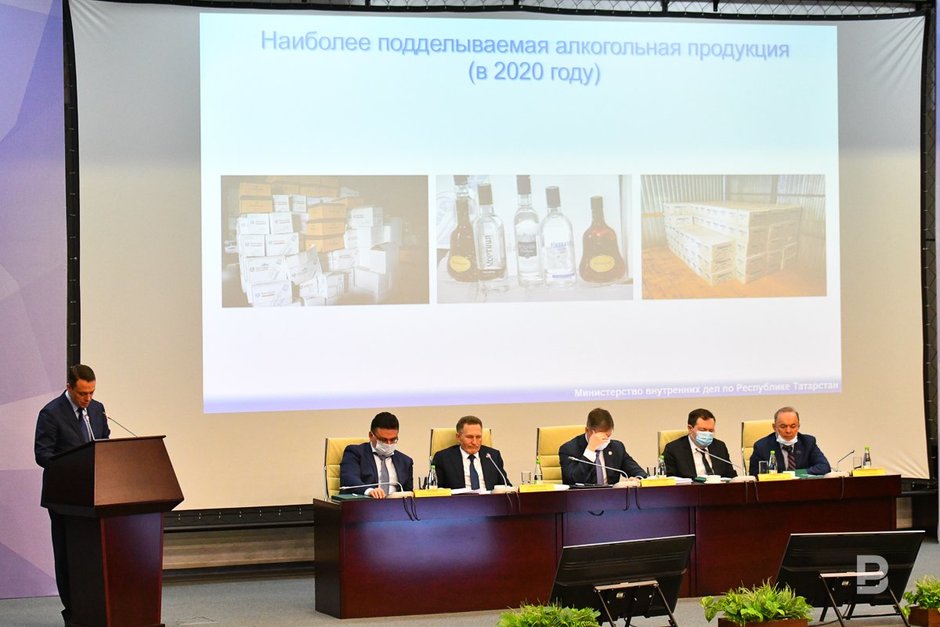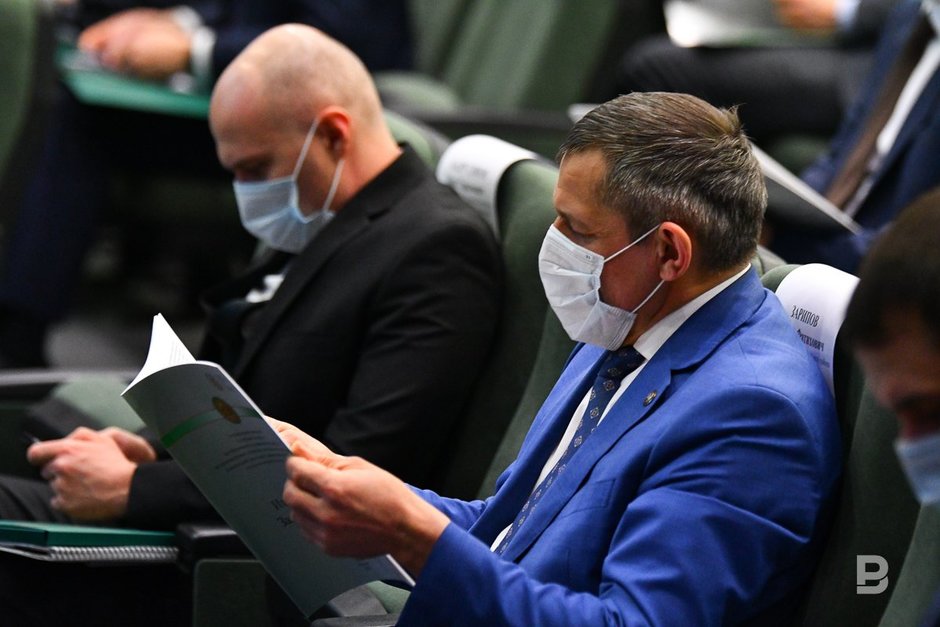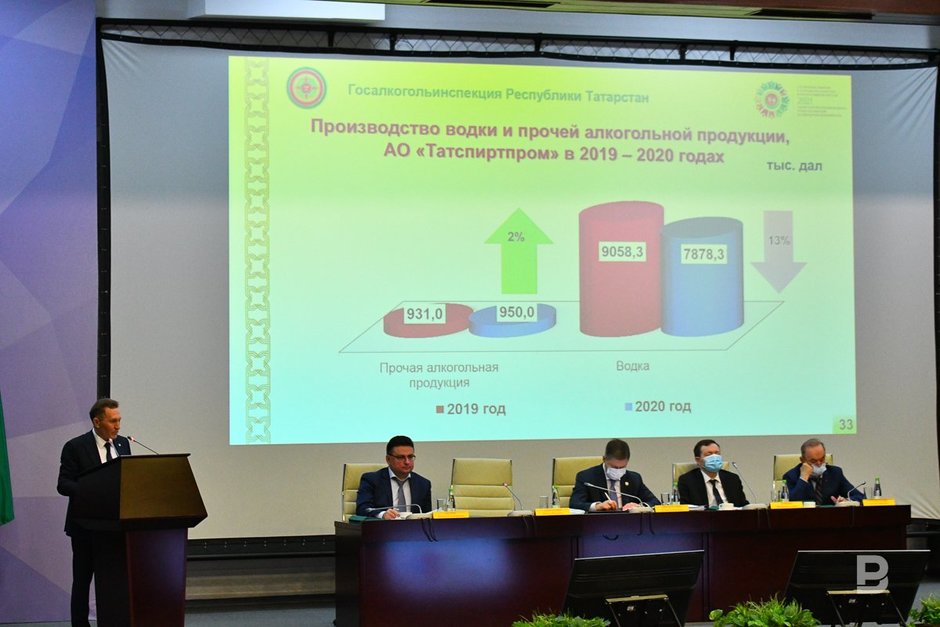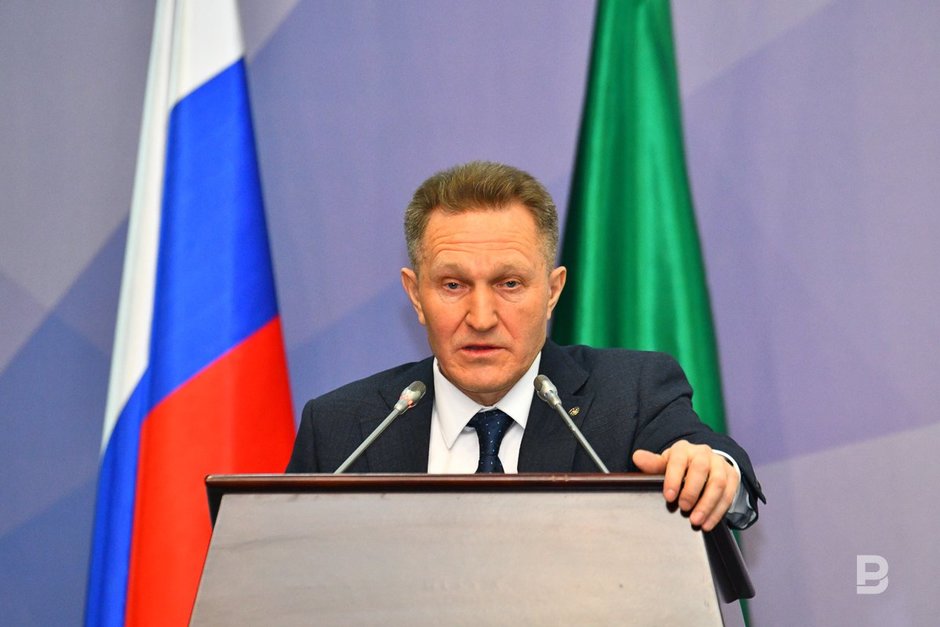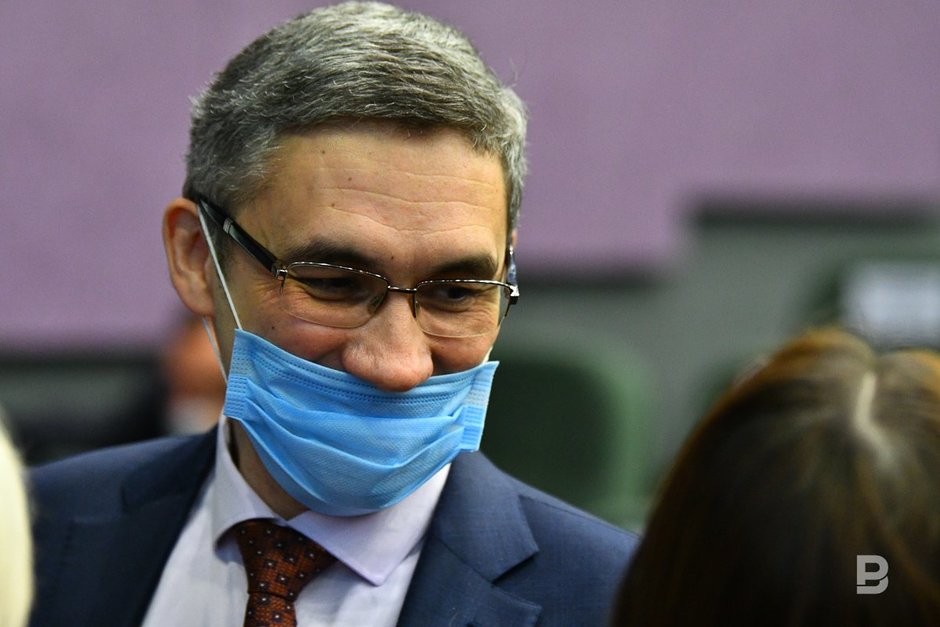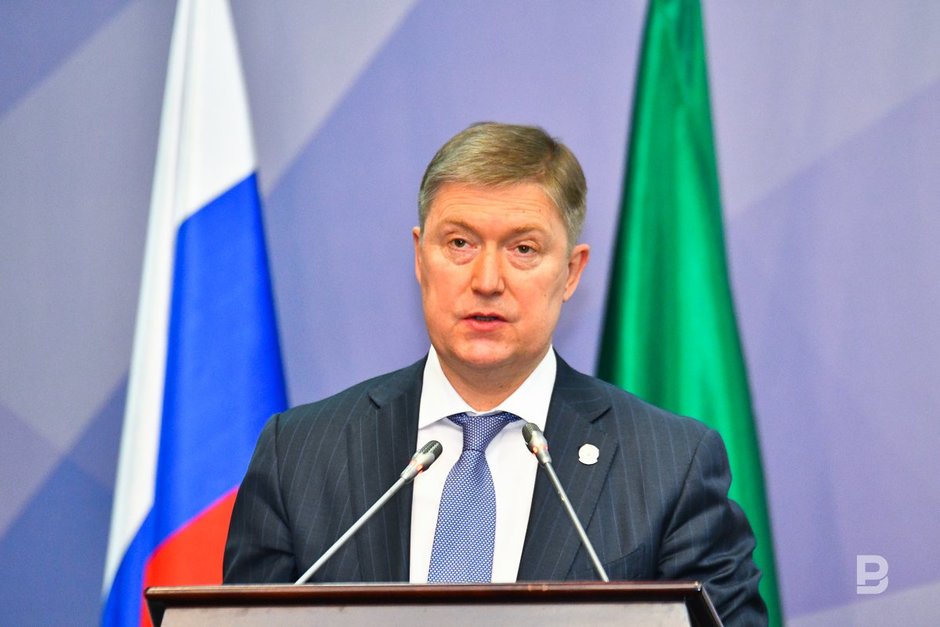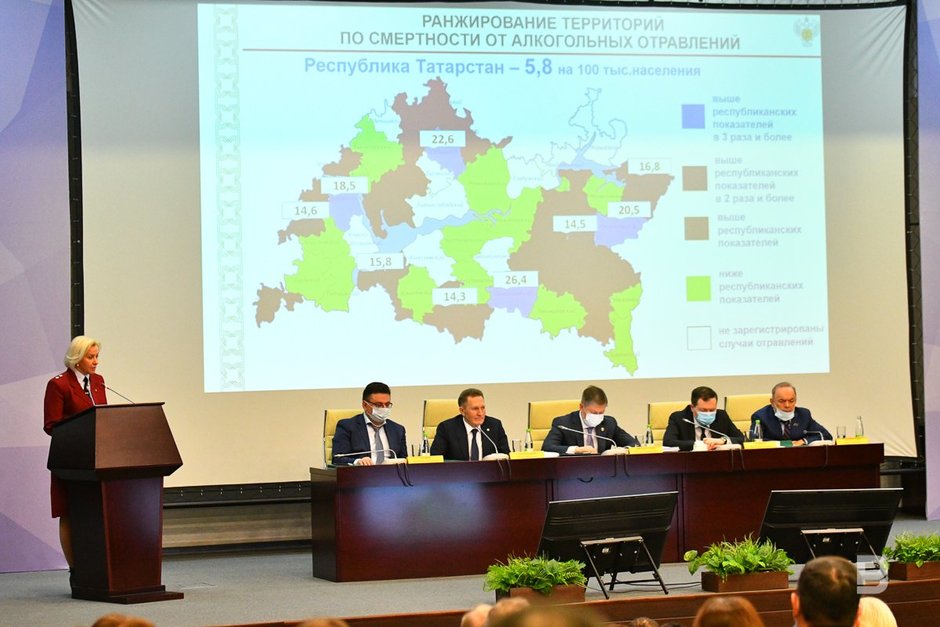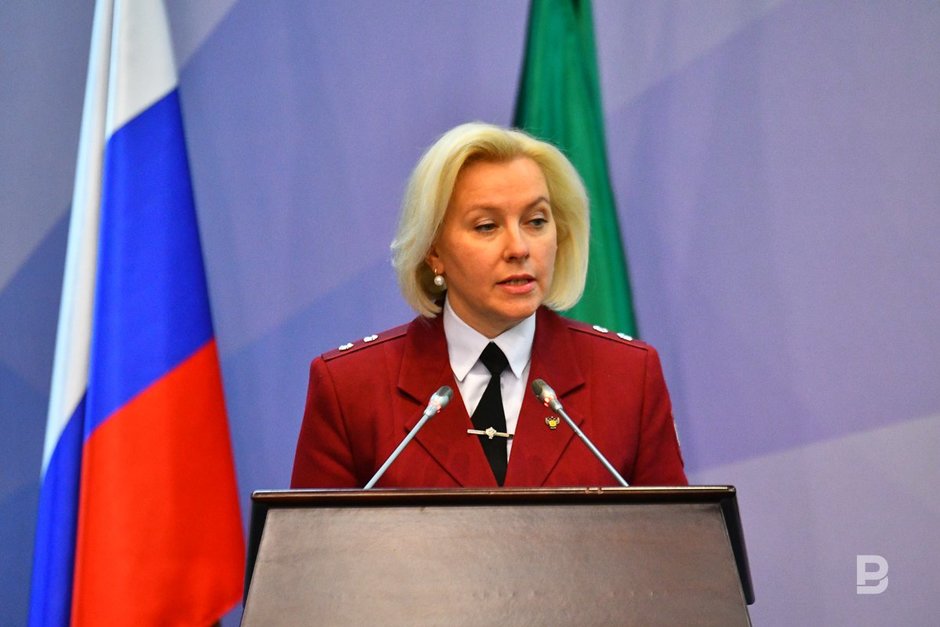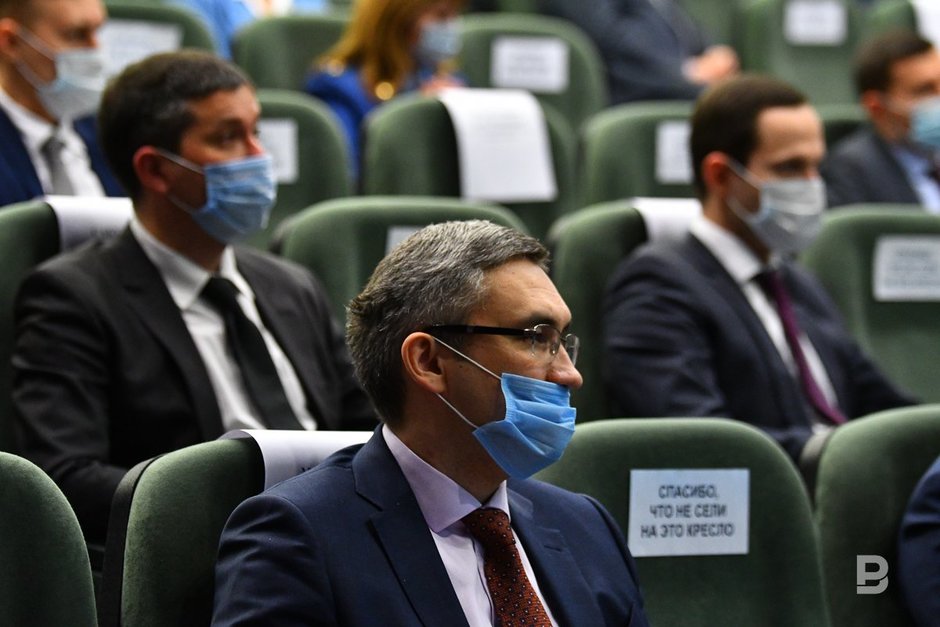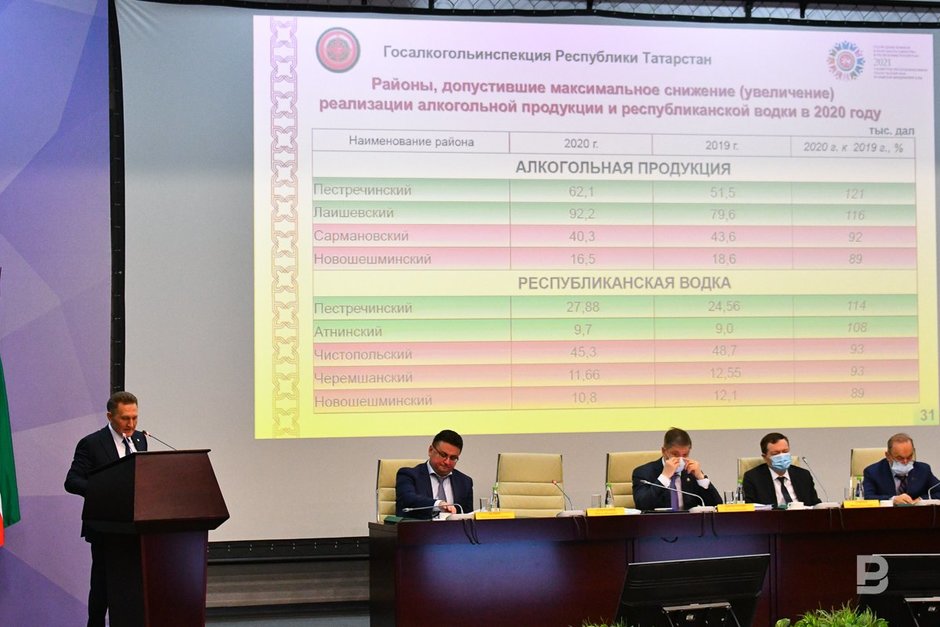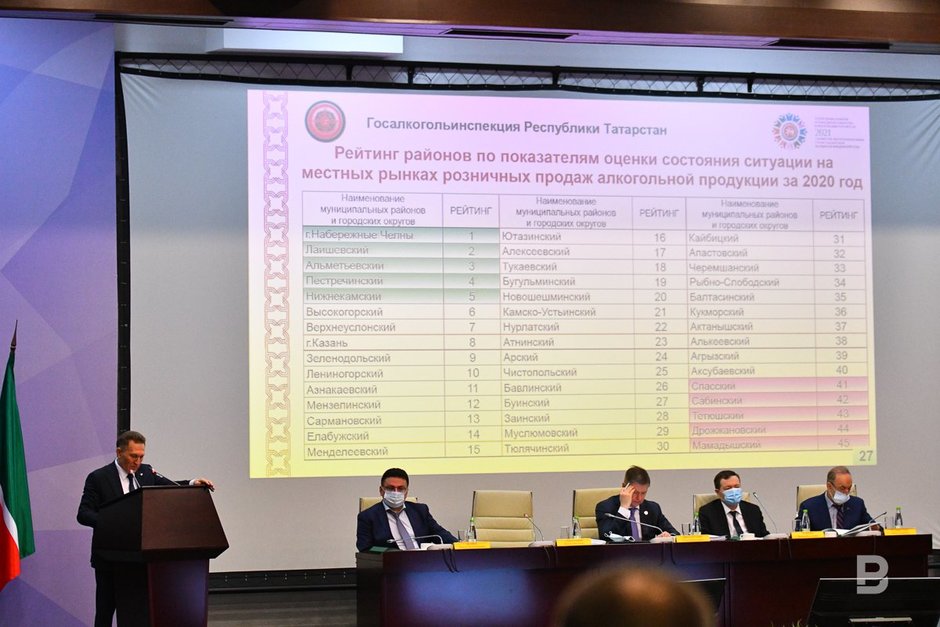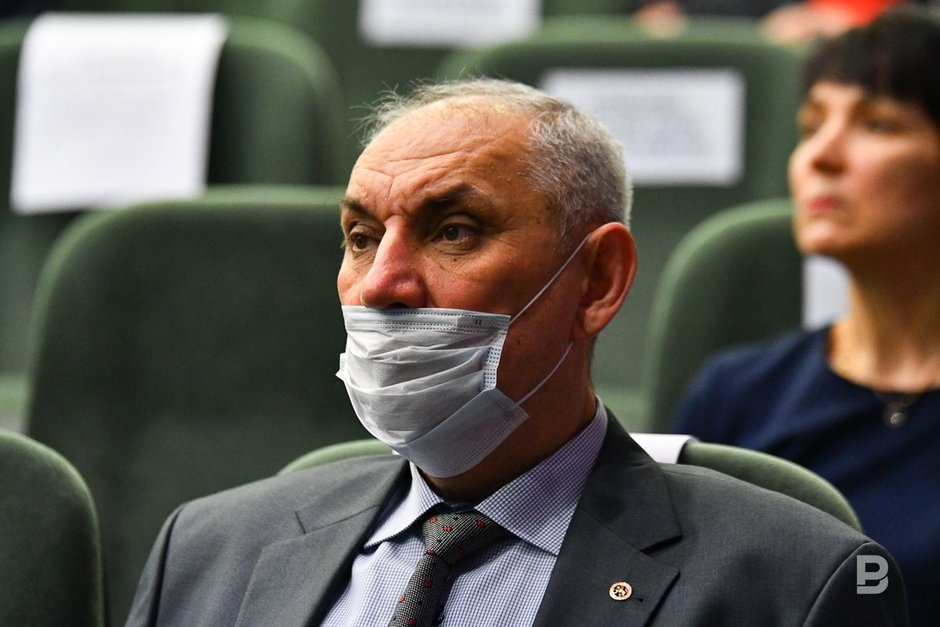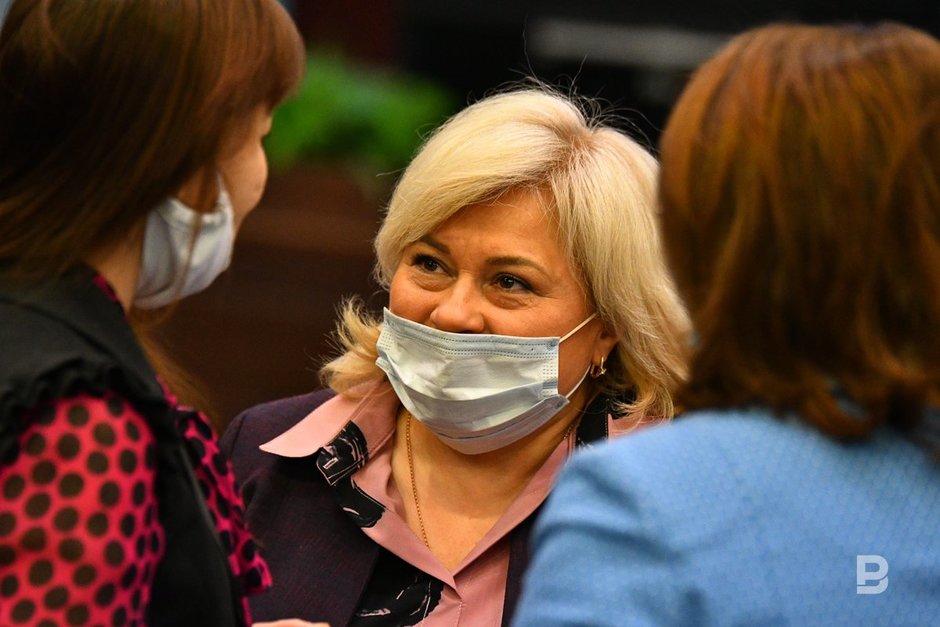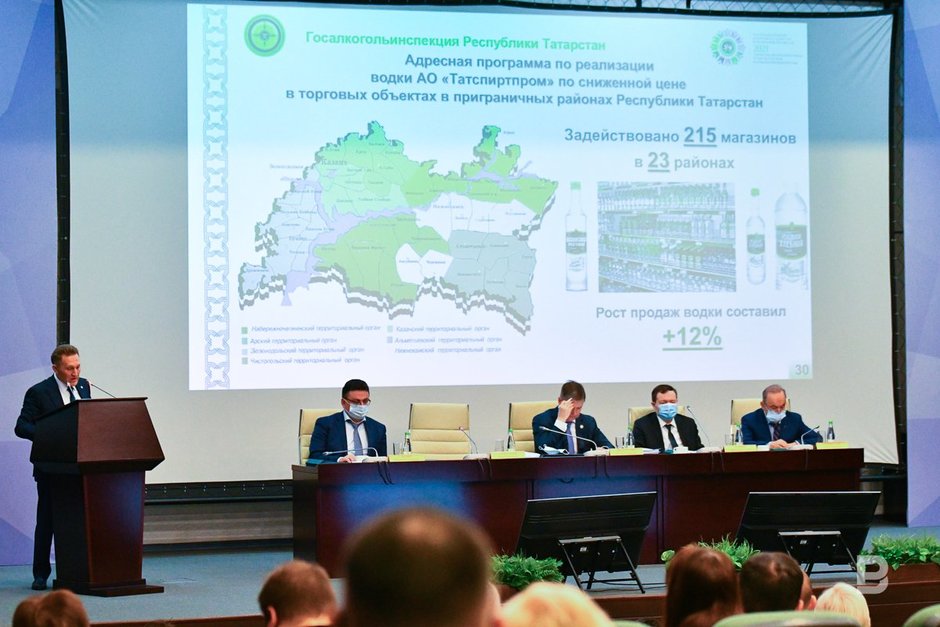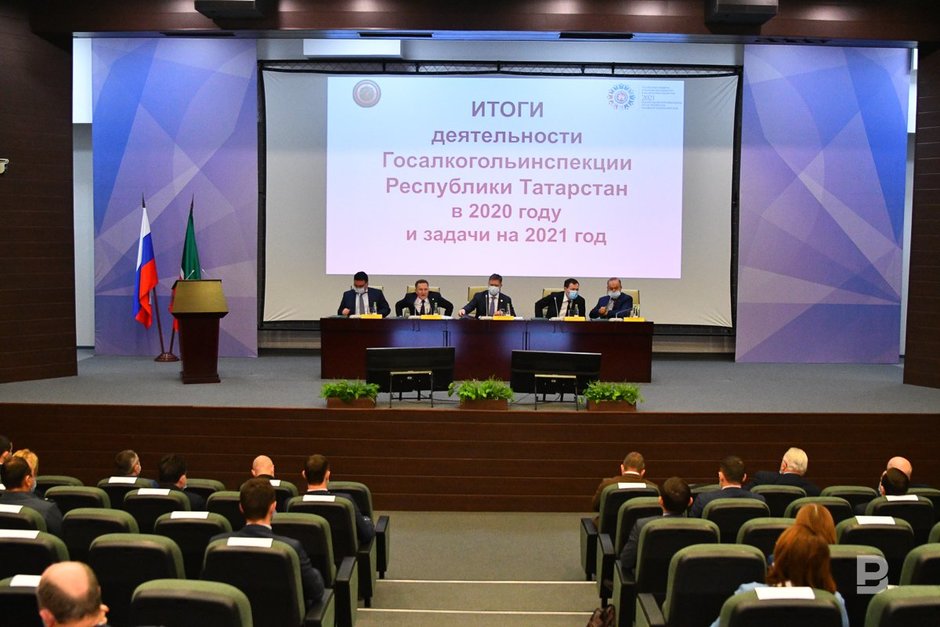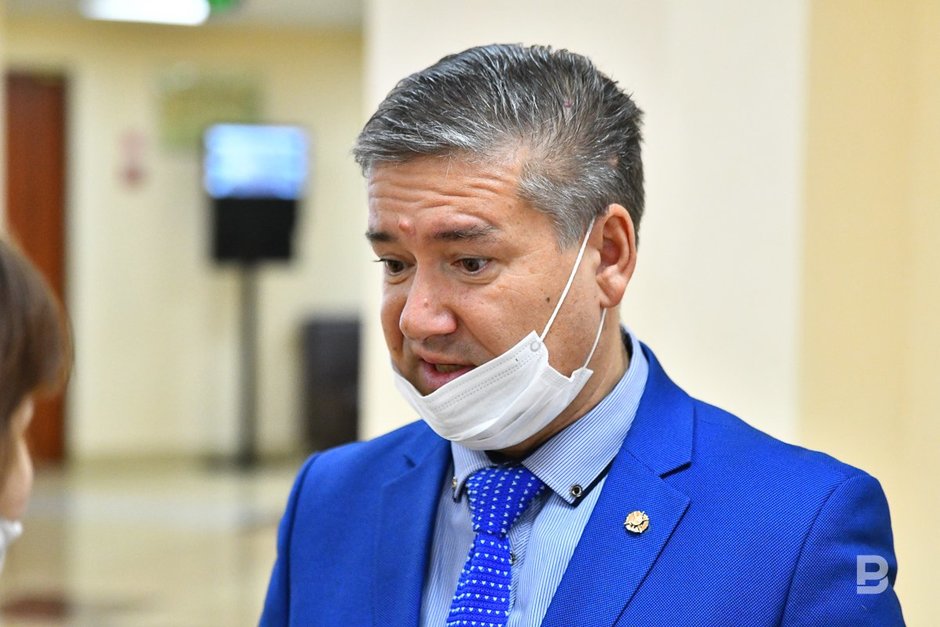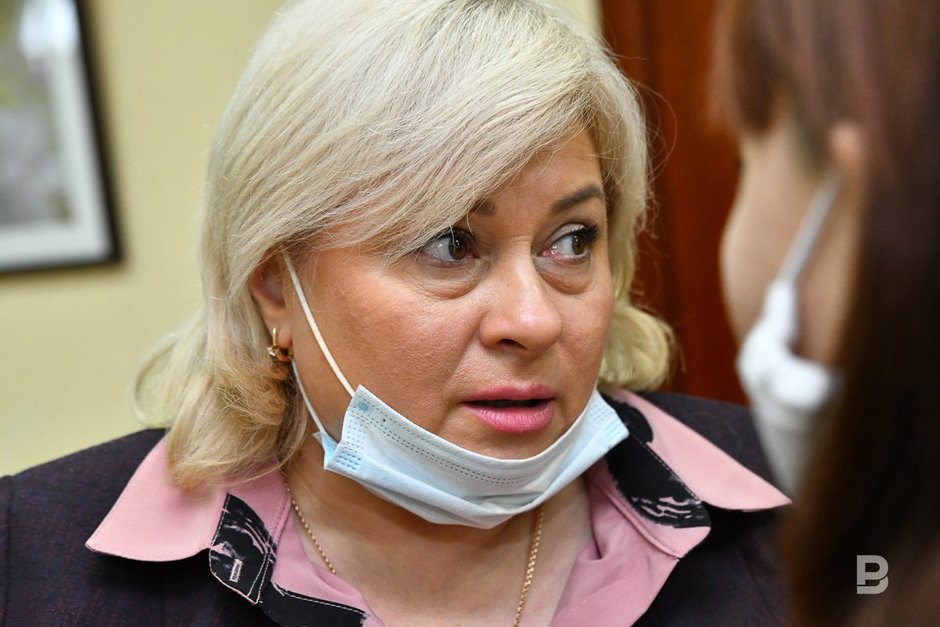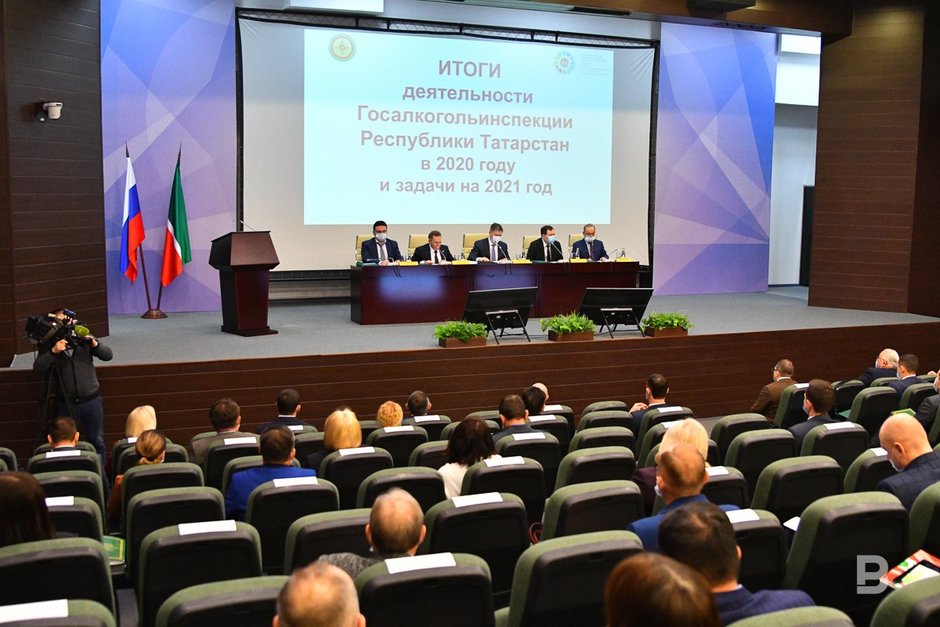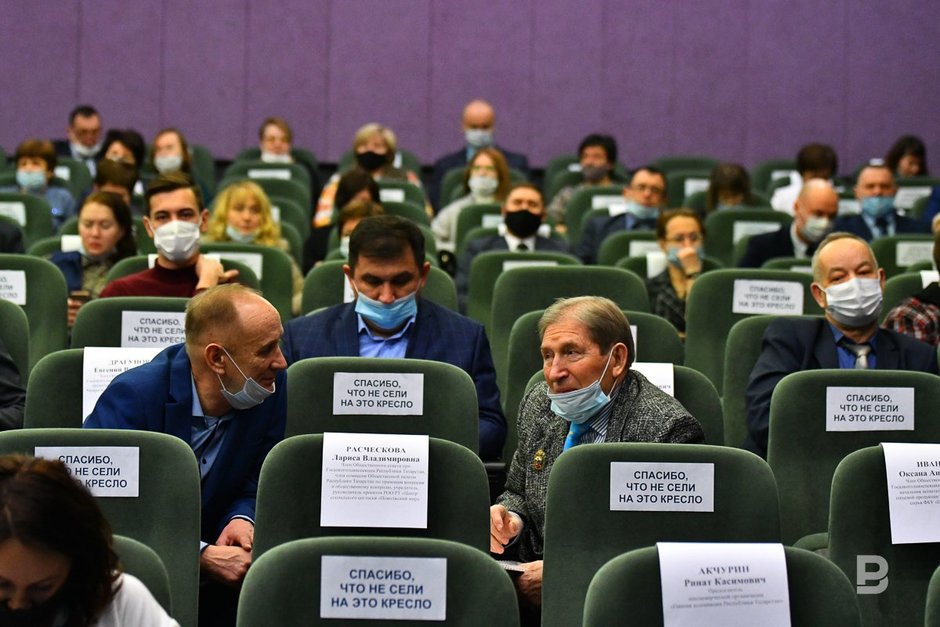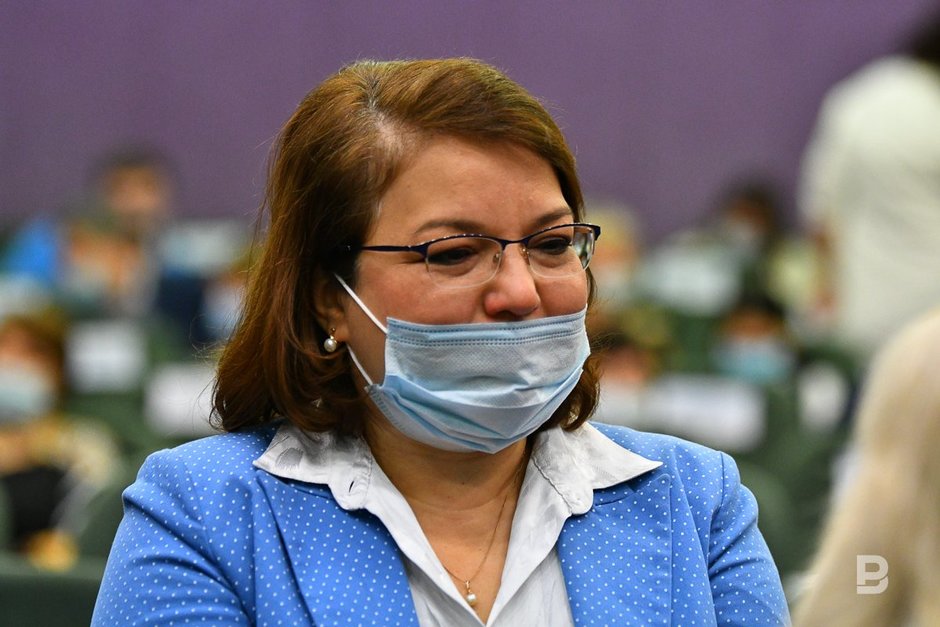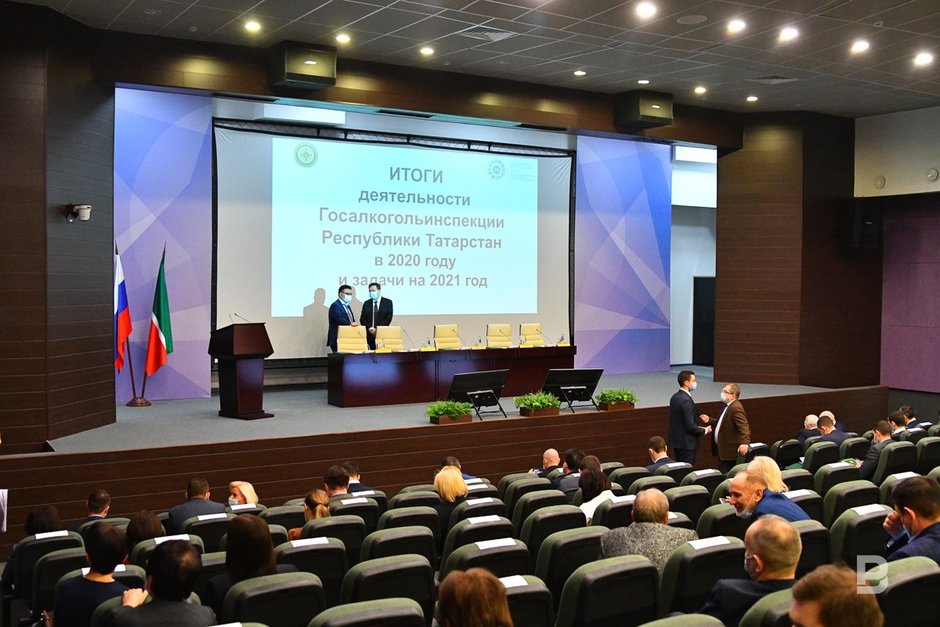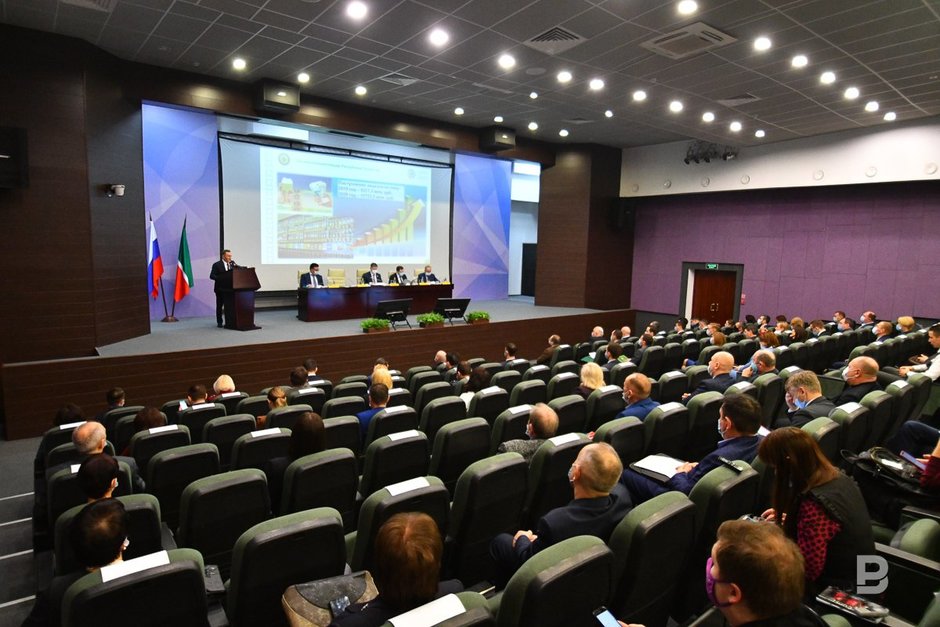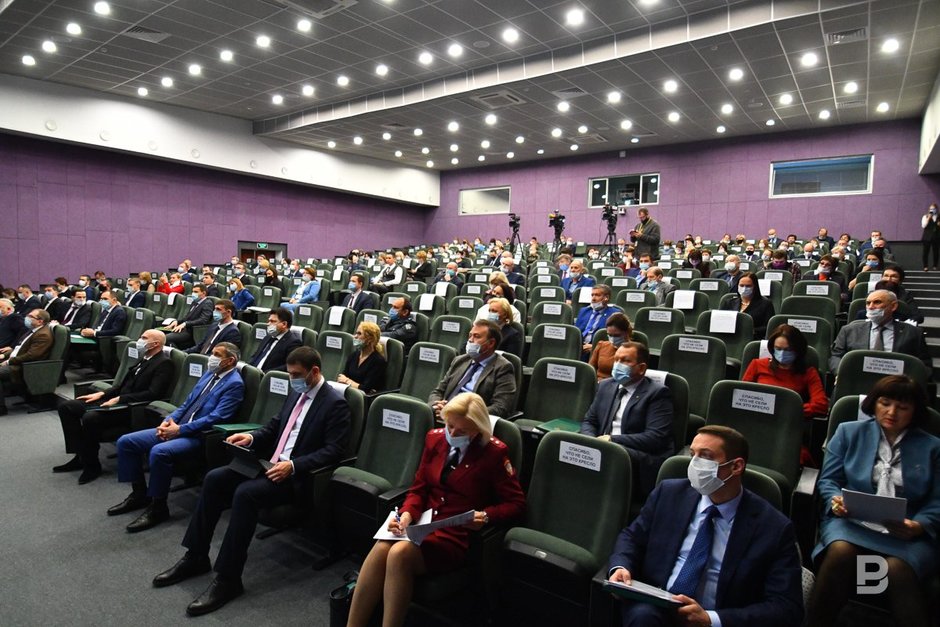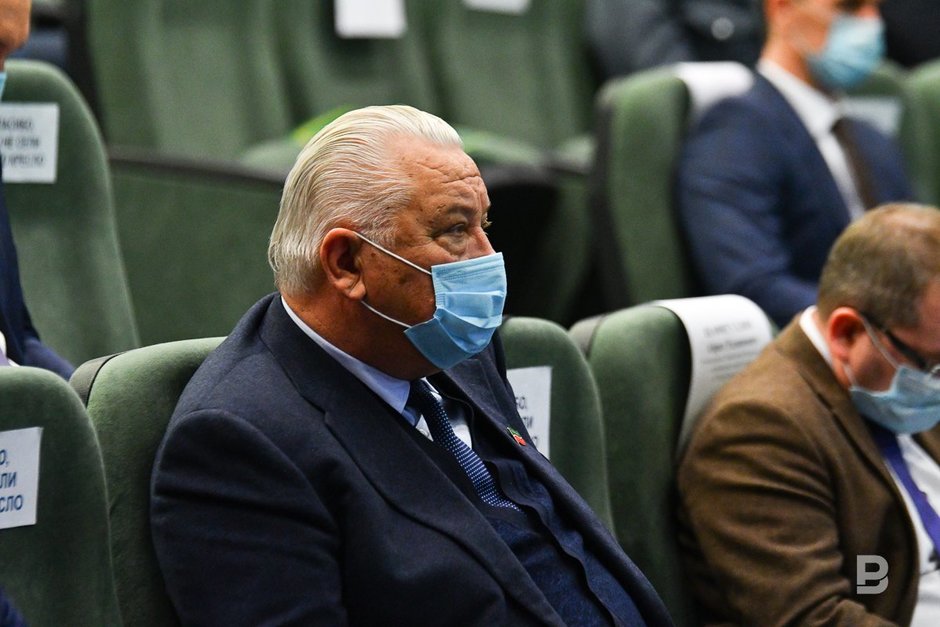Pandemic spurs beer sales in Tatarstan
Beer producers have sold more than 21 million decaliters for the first time, while vodka sales have sunk by 12%
Restrictive measures on visiting bars, cafes and restaurants have led to a surge in beer sales in Tatarstan — for the first time since 2017 its sales has risen to 21 million decaliters. “It has risen by nearly 5 million gallons — that's almost annual sales of alcoholic beverages," head of the State Alcohol Inspection of Tatarstan Gaudet Akhmetkhanov was glad about the beer records at the reporting board meeting to the department. The preferences of Tatarstan residents are changing towards inexpensive alcoholic beverages, but more and more people are drinking cheap surrogate vodka, which is why Tatspirtprom has been forced to reduce sales of vodka — up to 7,9 million decaliters. “Unfortunately, a decline in sales suggests that the population is switching to the consumption of illegal products," said Deputy Prime Minister of Tatarstan Rustam Nigmatullin, instructing to strengthen control over the turnover of illegal alcohol.
Tatarstan is flooded with moonshine from neighbouring regions
The pandemic has turned the Tatarstan alcohol market upside down. Instead of “white” legal vodka and spirits, consumers have switched to more affordable drinks or even surrogate products, which through shadow channels are coming from adjacent regions — Nizhny Novgorod Oblast and the Udmurt Republic, stated the head of the State Alcohol Inspection of Tatarstan, Gaudet AKhmethanov at the reporting board meeting of the department.
“The total volume of seized counterfeit goods was 150,000 liters of alcohol, surrogate and moonshine. The growth compared to 2019 is tenfold," Akhmetkhanov said. Shadow supply channels of a huge volume of exciseless alcohol were suppressed by the department of operational inter-municipal control, which was created last year to help the State Alcohol Inspectorate of Tatarstan. According to him, the new structure has intensified cooperation with the ministry of internal affairs and the FSB to identify points of counterfeit alcohol not only on the territory of Tatarstan but also beyond its borders, from where considerable surrogate shipments come.
“Sentries” on the border: each village has a shop
To protect the border areas of Tatarstan from the penetration of illegal vodka, the authorities encourage the opening of stationary stores with minimal retail prices.
“Today, 1,160 localities in the republic do not have stationary trade facilities. 517 rural localities with more than 100 inhabitants do not have retail outlets selling alcoholic beverages. And of course, “shadow businessmen” take advantage of this situation," Akhmetkhanov said.
To stop the flow of cheap surrogate, an agreement was reached with Tatspirtprom on the shipment of alcoholic beverages at the minimum retail price. According to him, several relevant departments — the republican ministry of industry and trade and the ministry of economy, Tatpotrebsoyuz and the leadership of the executive committee — have been tasked with opening stores in the villages as soon as possible. “These can be modular pavilions of the district consumers society system, existing stationary retail facilities, and new light buildings.”
Beer records
The main surprise on the alcohol market during the pandemic was presented by beer producers. According to Zhaudat Akhmetkhanov, the sales of beer in the territory of Tatarstan has increased by 107% — to 21 million decaliters.
“It has grown by almost 5 million decaliters (since 2017 — editor's note) — this is almost an annual volume of sales of alcoholic beverages," he did not hide his joy with the records achieved. According to the State Alcohol Inspectorate of Tatarstan, the leaders in terms of production volume are the Kazan branch of AB InBev Efes with an increase of 118%, Bely Kreml beer factory of Tatspirtprom — 160%. In total, Tatarstan producers have produced 54,8 million decaliters. They provided more than half of the total received excise tax to the Treasury of the Republic of Tatarstan — 11,7 billion rubles.
However, their share of sales in the Tatarstan beer market amounted to 34%, so there is something to strive for, Akhmetkhanov noted. In his opinion, the measures of regulation of the industry are aimed at the maximum sale of beer products on the territory of Tatarstan.
One of the tools is the introduction of draft beer labelling. As it is known, since April 1, 2020, at the initiative of the State Alcohol Inspectorate of the Republic of Tatarstan, the implementation of the pilot project on labeling beer kegs with the corresponding data recording in the EGAIS has begun. The experiment is supported at the federal level. Currently, 109 manufacturing enterprises — not only republican, but also Russian — are participating in the experiment. Forty enterprises have already signed contracts with Goznak JSC for obtaining special stamps, 28 of them produced bottling of labelled products, including the main players of the beer market — Tatspirtprom JSC, AB InBev Efes JSC, Baltika PLC, OP Heineken PLC, Bulgarpivo JSC, PZ Lyskovsky CJSC (Nizhny Novgorod Oblast) and others. In total, more than 1,2 million special labels have been shipped to manufacturers.
As a result, more than 60% of retail outlets offered labelled beer to consumers, Akhmetkhanov said.
Tatspirtprom was cut by bootleggers
Due to the change in consumer preferences, Tatspirtprom reduced the production of alcohol to 3,3 million decaliters, and vodka — to 7,9 million decaliters, Akhmetkhanov said. According to him, this fits into the general trend of a decline in sales by 5% on average in the country. Tatspirtprom provided more than 11 billion rubles of excise taxes. In total, alcohol producers transferred 22 billion rubles to the treasury.
“Unfortunately, the decline in sales of legal alcohol, I think, does not mean that the population has become less likely to consume alcohol, but only that they are switching to the consumption of illegal products," commented Deputy Prime Minister of the Republic of Tatarstan Rustam Nigmatullin, expressing hope for a growth in the coming year.
At the same time, he called for combating alcohol poisoning with a fatal outcome. In Tatarstan in 2020, 465 cases of alcohol poisoning have been recorded, or 11,9 cases per 100 thousand people. “Rospotrebnadzor announced negative dynamics in a number of districts. It needs to be worked on.”
Nigmatullin recommended expanding the range and ensuring a competitive advantage in price and recognition among consumers to oust counterfeit products from the market. “On the one hand, it is good that our products are being forged — which means that they are in demand, but we still need to work together with law enforcement agencies," the deputy prime minister of Tatarstan added.
